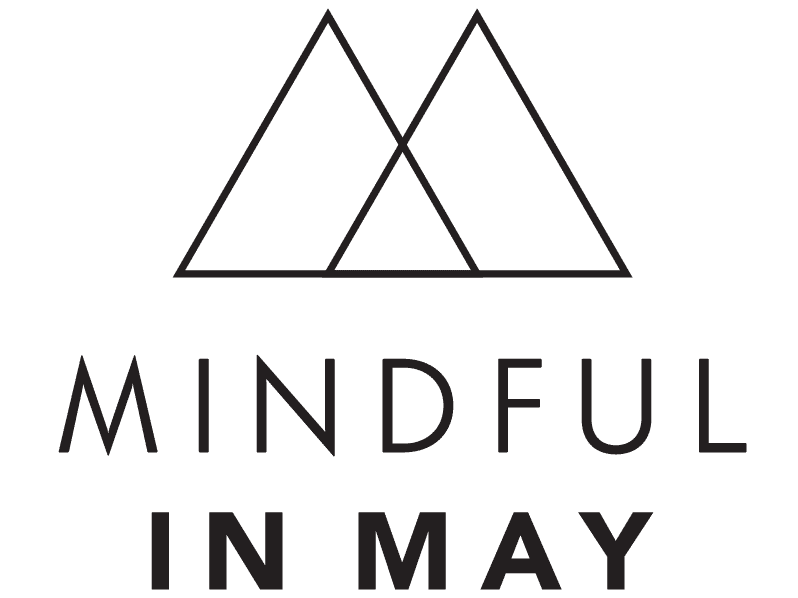Dear Elise: What is the best meditation for anxiety?

In the Dear Elise series, Dr Elise Bialylew answers your questions about mindful meditation and neurology.
Got your own question about meditation? Send your questions to Elise here.
A question about anxiety and meditation:
Dear Elise,
My question is around anxiety. I’m newer to meditation and I suffer anxiety. Does regular meditation improve anxiety? What would be the best guided meditation to use? How often should meditation be done to see changes?
Elise’s answer:
Thanks for your great question.
I can speak from both personal experience and mindfulness research to answer your question.
Anxiety is the most common mental health condition in Australia. On average, 1 in 4 people – 1 in 3 women and 1 in 5 men – will experience anxiety. So you are definitely not alone.
As someone who comes from a long line of worriers, I have found that while mindfulness hasn’t fully eradicated anxiety from my life, it has helped me develop the skills to manage it so much better.
Getting medical tests is one of the areas where I can get anxious. This is probably not helped by the fact that as a doctor I spent so many years learning about all the things that could go wrong with the human body and also looked after patients who suffered from the most terrifying illnesses.
Here’s how mindfulness has helped me manage anxiety, but I have to say, it definitely takes practice.
Mindfulness training helps us develop a completely different relationship with our thoughts. This is particularly helpful when thoughts take on an anxious quality.
Without this kind of mind training, we can live our whole lives believing and being completely hypnotised by our thoughts. For example, if you think about worry for a minute, it’s the mind coming up with ideas about how things will be in the future. These thoughts are certainly not true, they are hypotheses. Thoughts like “What if it’s cancer?!” immediately create fear. They hijack us and they are hard to let go of. They stay in the mind and really hook our attention. Yet, they are not reality, they are just thoughts. But they certainly have a powerful impact on how we feel.
When you think about it, the way thoughts affect us has more to do with the way we get hooked by them. If you pay attention to the mind, especially while practising mindfulness meditation, you’ll probably notice that there’s an incessant flow of thoughts about the past, the future, and a constant flow of judgement about our experience. It’s this “noise” or inner commentary that confuses, worries and unsettles us.
There’s an old saying that the mind is like the sky – clear and spacious. All of the thoughts and worries that come in are the weather patterns. Just like the weather that is constantly changing, when we observe the mind we start to see that thoughts and feelings come and go too…
But behind it all, there is clarity and a calm awareness. As we practise mindfulness, we hone our skills as the observer of all these weather patterns and eventually we become more skilled at recognising and naming them and rather than being overwhelmed by them.
Rather than believing all of our thoughts, mindfulness helps us recognise that thoughts only have power if we believe them, and a lot of the time, these thoughts are just worry thoughts – the “What ifs?” rather than the reality.
There are solid scientific studies which reveal that mindfulness meditation can reduce the symptoms of anxiety. The science isn’t clear about what meditation is best but many people who suffer anxiety have trouble focusing on the breath. This can create more anxiety and discomfort. So, if that’s the case, just use an external focus for your attention – like sounds.
The main point is this: Just as you need to train regularly to develop exceptional physical fitness, you can’t just leave exceptional mental wellbeing to fate. You have to train your mind and that’s what mindfulness is all about.
As for how often you need to meditate to feel the benefits, it’s one of the most commonly asked questions. It’s not 100% clear.
Research I conducted through Mindful in May, my annual one-month online meditation program, revealed that 10 minutes of daily meditation for a month was enough to bring people noticeable benefits including improved focus, greater positive and reduced negative emotions.
So my suggestion is to commit to what feels manageable for you. Whether that’s 5, 10, 15 or 20 minutes a day, do it regularly over a month. Then, only after a solid commitment, review if it’s had any impact. There’s no point doing something that’s not having any positive benefits in your life. As the Buddha said over 2500 years ago – try it out and see for yourself…
Hope that helps!
Warmly,
Elise
If you’re curious about the benefits of meditation or you could do with some support in actually making it a habit, make sure you get on the waitlist for Mindful in May. You can register here.

"If we wish to be healthy, happy and clear-minded, we need to upgrade our “inner technology”of attention to meet the demands of our increasingly complex world. That's where mindfulness comes in.."
- DR ELISE BIALYLEW
about the HOST AND FOUNDER OF
MINDFUL IN MAY:
DR ELISE BIALYLEW
Elise Bialylew is the author of the bestselling book, The Happiness Plan, and founder of Mindful in May, the world’s largest online global mindfulness fundraising campaign.
A doctor trained in psychiatry, turned social entrepreneur and mindfulness expert, she’s passionate about supporting individuals and organisations to develop inner tools for greater wellbeing and flourishing, and offers workshops and training at The Mind Life Project.
Her work has been featured in the Huffington Post, New York Times and on Australian Television. She was recently recognised by the Australian Financial Review as a 2019 AFR Women of Influence.
Keep in touch with us
Sign up to access additional resources, mindfulness tips and to find out about upcoming events.
When you submit your email you are opting-in for our emails and relevant upcoming updates from Elise. You can unsubscribe any time.

